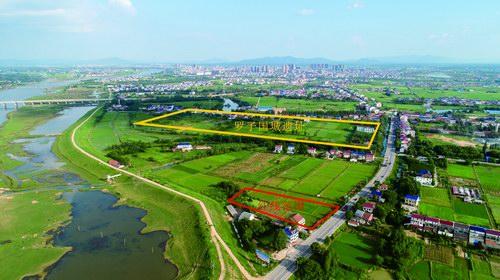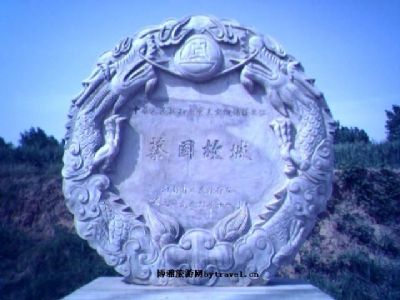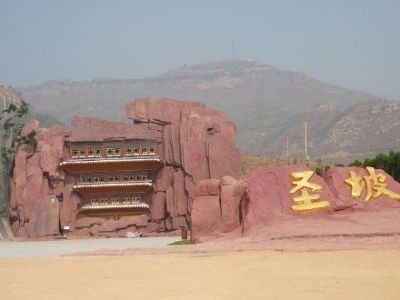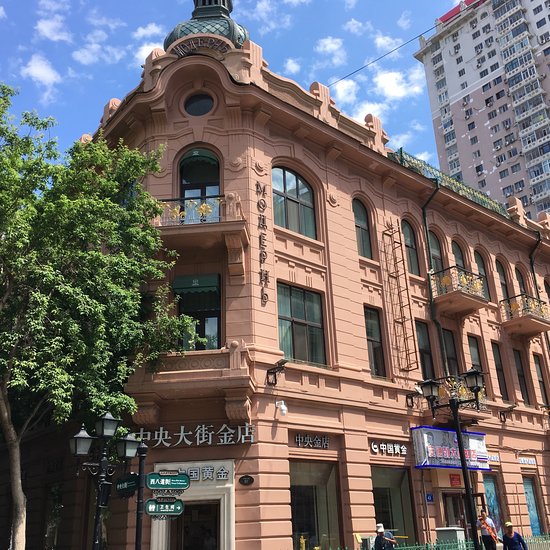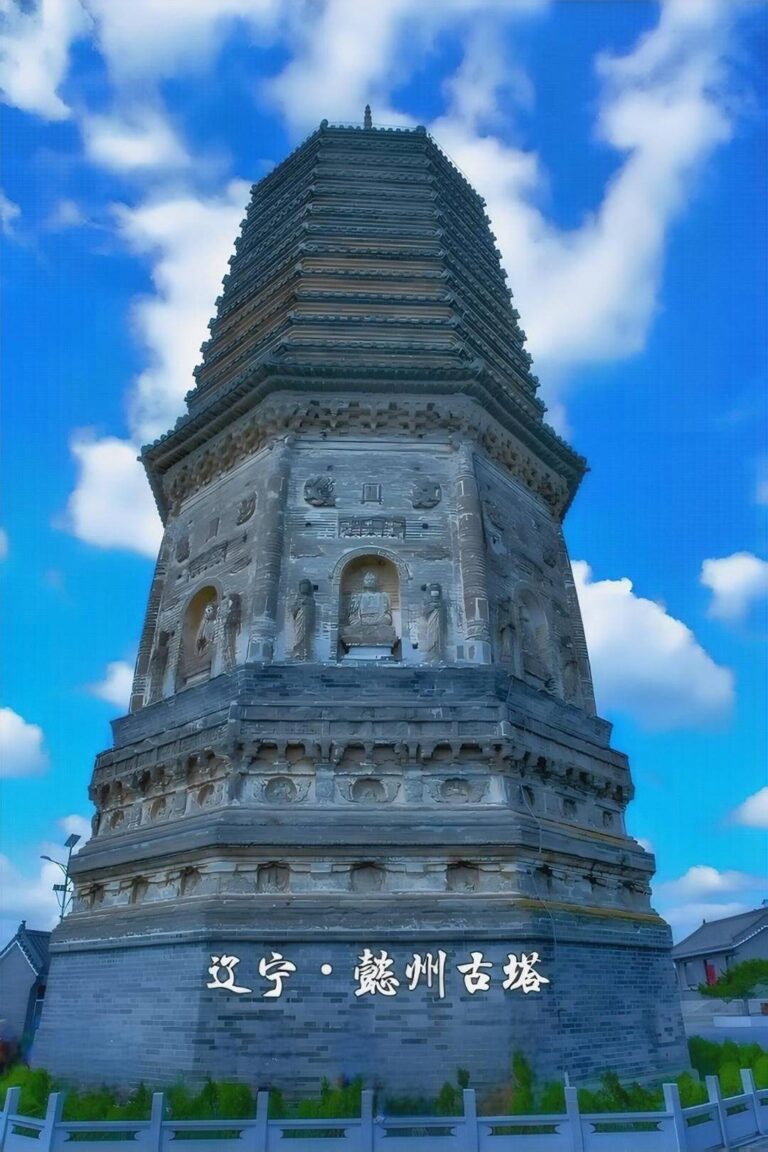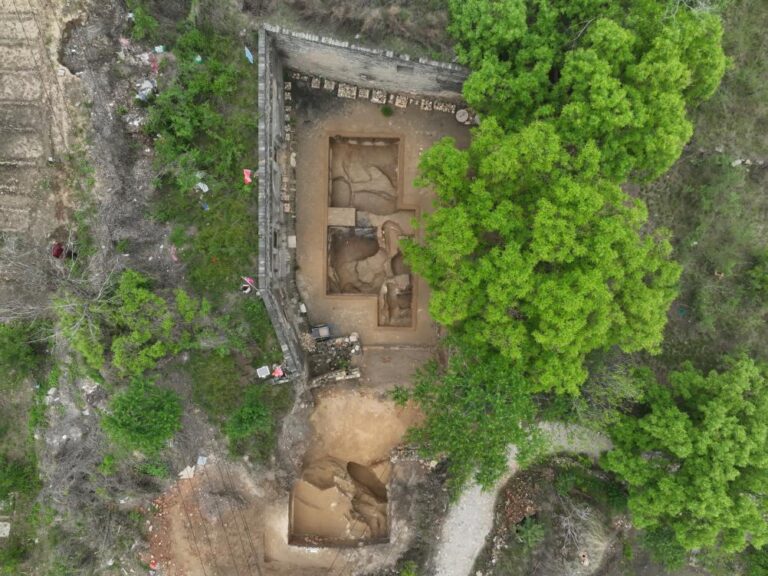Experience Guiyang’s Cultural Heritage at Xifeng Jizhongying Jiuzhi
An Essential Guide to Visiting Guiyang Xifeng Jizhongying Jiuzhi
In This Guide
- An Essential Guide to Visiting Guiyang Xifeng Jizhongying Jiuzhi
- The Rich History of Guiyang Xifeng Jizhongying Jiuzhi
- Main Highlights: What to See at Guiyang Xifeng Jizhongying Jiuzhi
- Planning Your Visit: A Practical Guide
- Tickets, Hours, and Booking
- How to Get There
- Local Cuisine and Accommodation
- Frequently Asked Questions
- Final Thoughts on Your Trip
Nestled in the picturesque mountains of Guizhou Province, the Guiyang Xifeng Jizhongying Jiuzhi, or Xifeng Concentration Camp Memorial Site, stands as a poignant reminder of a turbulent chapter in Chinese history. This historical site, which spans over 510 acres, encapsulates the harrowing experiences of political prisoners during the Second Sino-Japanese War and serves as a vital testament to the resilience and sacrifice of those who fought against oppression.
Established in November 1938 by the Nationalist government, the Xifeng Concentration Camp was one of the largest and most notorious secret prisons operated by the Kuomintang (KMT). It was designed to detain members of the Communist Party and other dissidents, becoming a grim symbol of political repression. Over its eight years of operation, the camp imprisoned more than 1,200 individuals, many of whom endured severe maltreatment, torture, and execution. Notable figures, including the esteemed patriot General Yang Hucheng, were among the camp’s infamous residents. The site is particularly significant for its role in the Chinese Communist Party’s underground activities, as it became a focal point for resistance against the regime.
Today, the memorial site offers visitors a powerful educational experience, combining historical artifacts, multimedia exhibits, and guided tours that delve into the personal stories of those who suffered there. The complex includes the main exhibition hall, titled “The Unending Flames of Revolution,” and the preserved old site, which together tell the story of courage and defiance amidst adversity. Open year-round, the memorial invites not only tourists but also scholars and locals to reflect on the enduring spirit of those who have come before.
As you walk through the tranquil grounds of the memorial, surrounded by the natural beauty of the mountains, it becomes evident that this site is not merely a monument to the past, but a profound reminder of the values of freedom, justice, and the importance of remembering history. Visiting the Guiyang Xifeng Jizhongying Jiuzhi is a journey into the heart of China’s revolutionary spirit, a testament to the sacrifices made for a better future, and a call to honor the legacy of those who dared to dream of a just society.
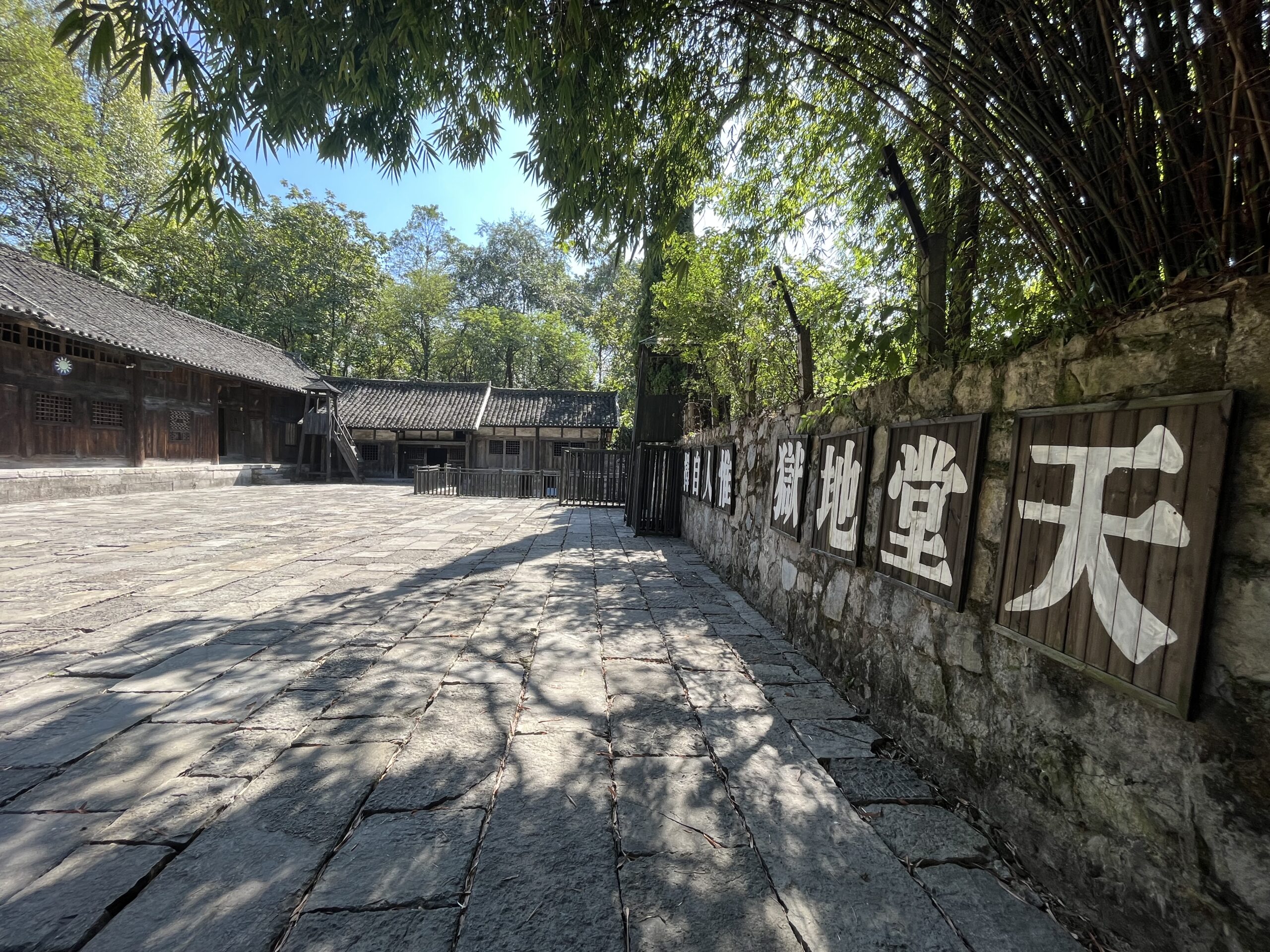
Guiyang Xifeng Jizhongying Jiuzhi.
The Rich History of Guiyang Xifeng Jizhongying Jiuzhi
The site of Guiyang Xifeng Jizhongying Jiuzhi, known as the Xifeng Concentration Camp, stands as a solemn reminder of a dark chapter in Chinese history. Established in November 1938 during the Second Sino-Japanese War, this facility was operated by the Nationalist government’s military intelligence agency, the Garrison Command. Its primary purpose was to imprison members of the Chinese Communist Party and other political dissidents, marking it as one of the most significant and notorious secret prisons of its time.
The camp was strategically located in a secluded mountainous region of Xifeng County, making it difficult for outsiders to access. Its geographical isolation played a crucial role in the facility’s operations, which included severe human rights abuses. The camp housed over 1,200 prisoners during its existence, which lasted until July 1946. Among its most notable detainees were prominent Communist leaders and intellectuals, including Luo Shiweng, Che Yaoxian, and renowned general Yang Hucheng. Tragically, more than 600 of these prisoners perished due to brutal treatment, while many others remain unaccounted for.
Despite the oppressive environment, the spirit of resistance thrived within the camp. In a remarkable display of resilience, prisoners established a secret Communist cell, which provided mutual support and maintained their revolutionary spirit. This solidarity prevented any collaborators from among the inmates, demonstrating their unwavering commitment to their cause even in the face of extreme adversity.
In the years following the camp’s closure, its historical significance was gradually recognized. In January 1988, the Xifeng Concentration Camp site was designated a National Key Cultural Relic Protection Unit by the State Council of the People’s Republic of China. This recognition was pivotal in preserving the site and its associated narratives. Subsequent restorations led to the establishment of the Xifeng Revolutionary History Memorial Museum, which officially opened to the public in 1997.
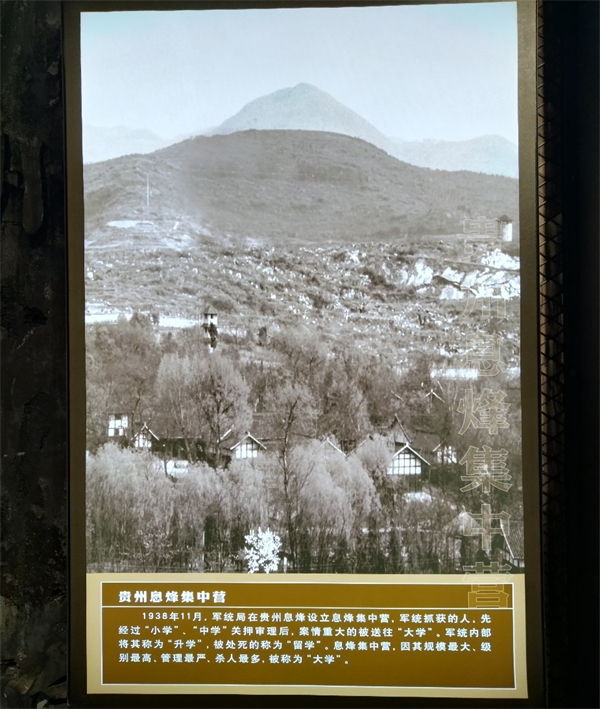
Guiyang Xifeng Jizhongying Jiuzhi.
The museum serves as both a place of remembrance and a center for education about the sacrifices made during this tumultuous period of Chinese history. It features exhibitions that recount the harrowing experiences of those imprisoned, showcasing artifacts, photographs, and multimedia displays to engage visitors. The site’s dedication to preserving revolutionary history has made it an essential destination for those seeking to understand the resilience and sacrifices of the Chinese people during the war against fascism.
Today, the Xifeng Concentration Camp is not only a site of historical significance but also a powerful symbol of the fight for freedom and justice. It highlights the importance of remembering the past to ensure that such atrocities are never repeated. Through its educational programs and commemorative efforts, the museum continues to inspire a new generation to appreciate the value of peace and the lessons of history.
Main Highlights: What to See at Guiyang Xifeng Jizhongying Jiuzhi
Exploring the Guiyang Xifeng Jizhongying Jiuzhi (息烽集中营旧址) offers a profound glimpse into a significant chapter of Chinese history, specifically the era of resistance against oppression during the Second Sino-Japanese War. This site is not just a memorial but a testament to the enduring spirit of those who fought for their beliefs in the face of extreme adversity.
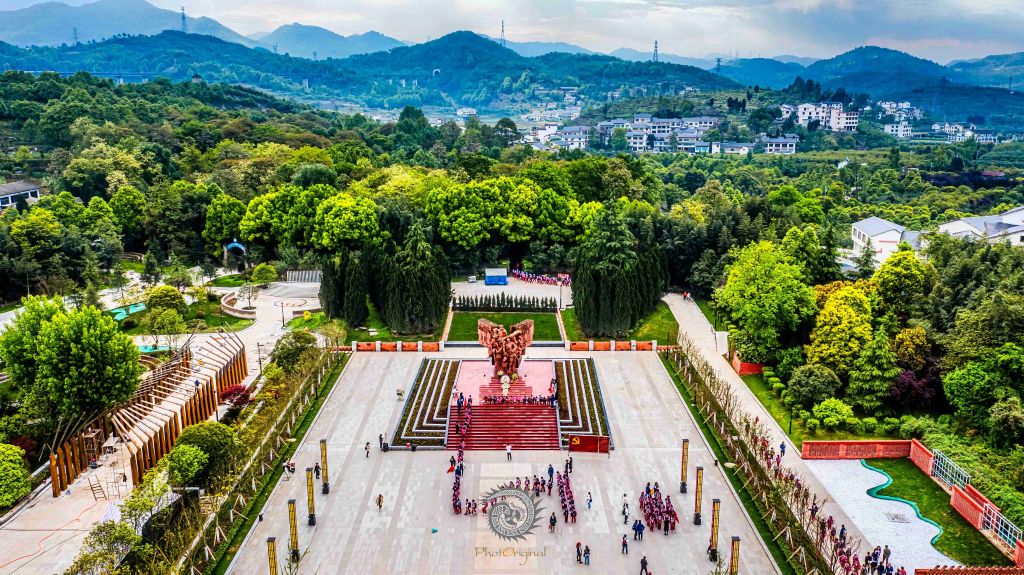
Guiyang Xifeng Jizhongying Jiuzhi.
Key Highlights
-
Historical Significance: Established in 1938, the Xifeng Concentration Camp served as a clandestine prison for Chinese communists and political dissidents during a tumultuous period in history. It was one of the largest and most heavily guarded camps set up by the Kuomintang (Nationalist Party). Over its eight years of operation, more than 1,200 individuals were imprisoned here, with many subjected to horrific conditions.
-
Memorial Museum: The Xifeng Revolutionary History Memorial Museum, covering an area of 510.5 acres, includes the original camp site and features extensive exhibits detailing the struggles and sacrifices of those held captive. The museum is designed to educate visitors about the resilience of the human spirit amid suffering and to honor the memory of those who perished or endured unimaginable hardships.
-
Architectural Features: Visitors can explore the remnants of the camp, including the main prison buildings and the notable Xuantian Cave, which served as a secret location for the most high-profile prisoners. The site is surrounded by stunning natural landscapes, enhancing its historical gravitas.
-
Educational Programs: The memorial is not just a site for remembrance; it actively engages in educational initiatives. It has been recognized as a national base for patriotic education and offers various interactive learning experiences, including guided tours that delve into the camp’s history and the broader context of China’s revolutionary past.
-
Accessibility and Visitor Information: The site is conveniently located just 5 kilometers from the nearest railway station and is open year-round from 8:30 AM to 4:30 PM, with free admission to encourage public engagement with this vital piece of history.
-
Nearby Attractions: The memorial is complemented by nearby attractions, including local dining options, cultural experiences at Yanglang Wetland Park, and the Nanshan Taimu Spa, making it a perfect stop for those looking to combine education with leisure.
This site offers a poignant reminder of the sacrifices made in the name of freedom and serves as an important destination for understanding the complexities of China’s revolutionary history. Whether you are a history enthusiast or a casual traveler, the Xifeng Concentration Camp is a place that inspires reflection and respect for the past.
Planning Your Visit: A Practical Guide
Practical Guide to Guiyang Xifeng Jizhongying Jiuzhi (息烽集中营旧址)
Visiting the Guiyang Xifeng Jizhongying Jiuzhi, also known as the Xifeng Concentration Camp Site, offers a unique glimpse into a pivotal period in Chinese history, specifically the struggles during the anti-Japanese war and the internal conflicts of the era. This practical guide provides all the essential information for making the most of your visit.
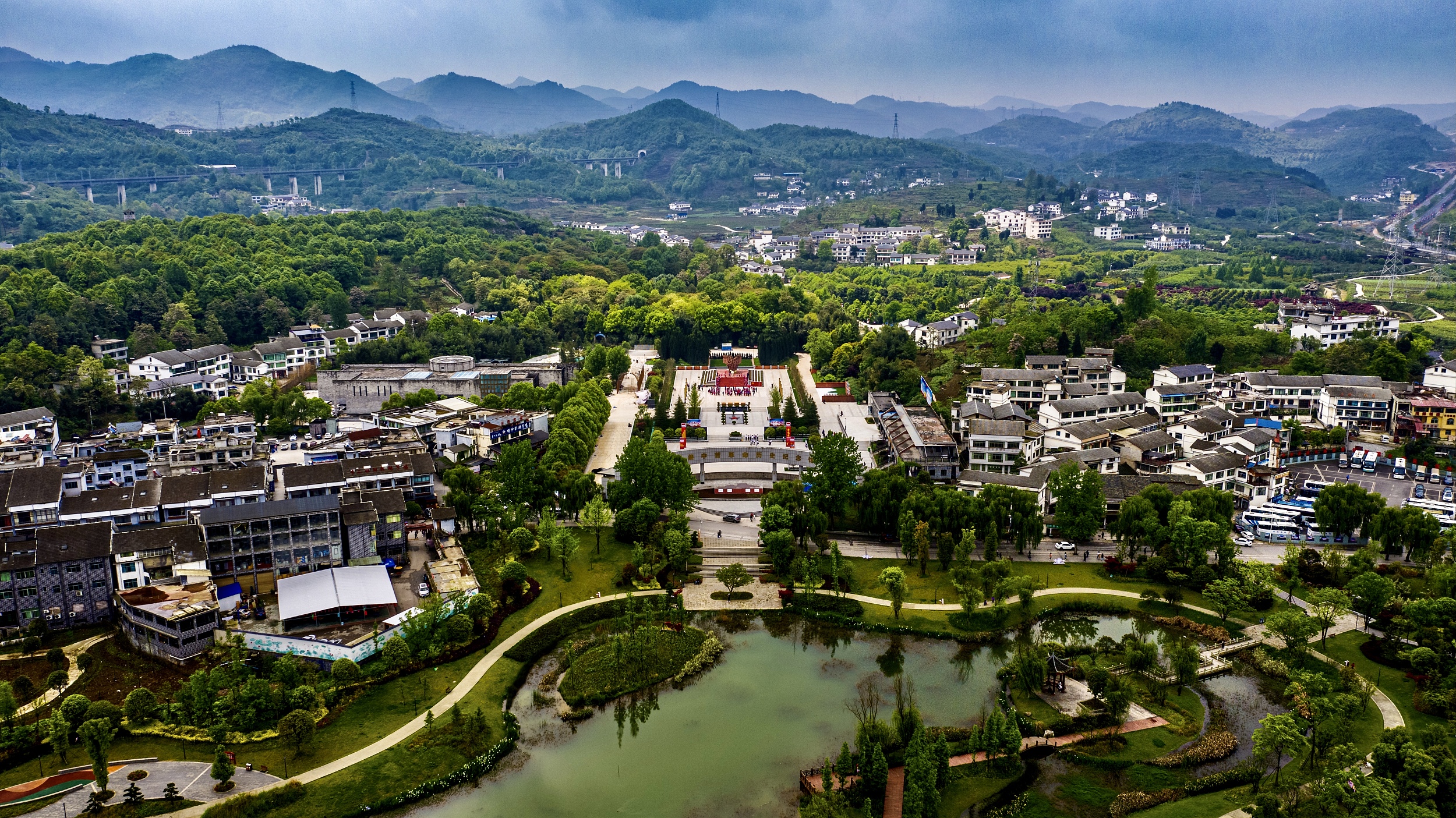
Guiyang Xifeng Jizhongying Jiuzhi.
Location and Accessibility
The Xifeng Concentration Camp Site is located in Yanglang Village, Yongjing Town, Xifeng County, Guizhou Province, approximately 51 kilometers from Guiyang, the provincial capital, and 90 kilometers from the historic city of Zunyi.
- Address: Yanglang Village, Yongjing Town, Xifeng County, Guiyang, Guizhou Province.
- Contact Number: +86 851-87700529
- GPS Coordinates: Use the local navigation services for precise directions.
Opening Hours
The site is open to the public every day from 08:30 AM to 04:30 PM. Note that during the last week of each month, the facility closes on Monday afternoons for routine safety checks.
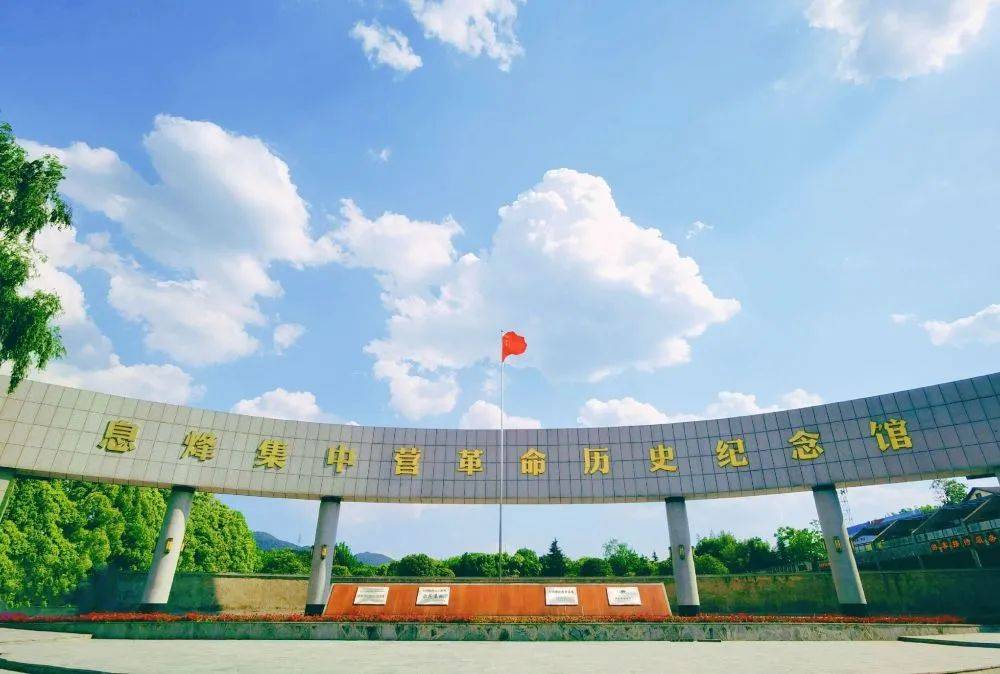
Guiyang Xifeng Jizhongying Jiuzhi.
Getting There
- By Car: The site is easily accessible via the G210 National Highway. Visitors can use navigation apps to find the parking lot, which is just 200 meters from the entrance.
- By Train: The nearest high-speed railway station is only 5 kilometers away from the site. After arriving at the Xifeng Station, you can take a taxi or local public transport to reach the camp.
Admission Fees
Entry to the Xifeng Concentration Camp Site is free of charge. Donations to support the maintenance and educational programs of the site are encouraged and appreciated.
What to Expect
The site encompasses a vast area of 510.5 acres, featuring both the historical remains of the camp and a modern exhibition hall dedicated to the history of the concentration camp.
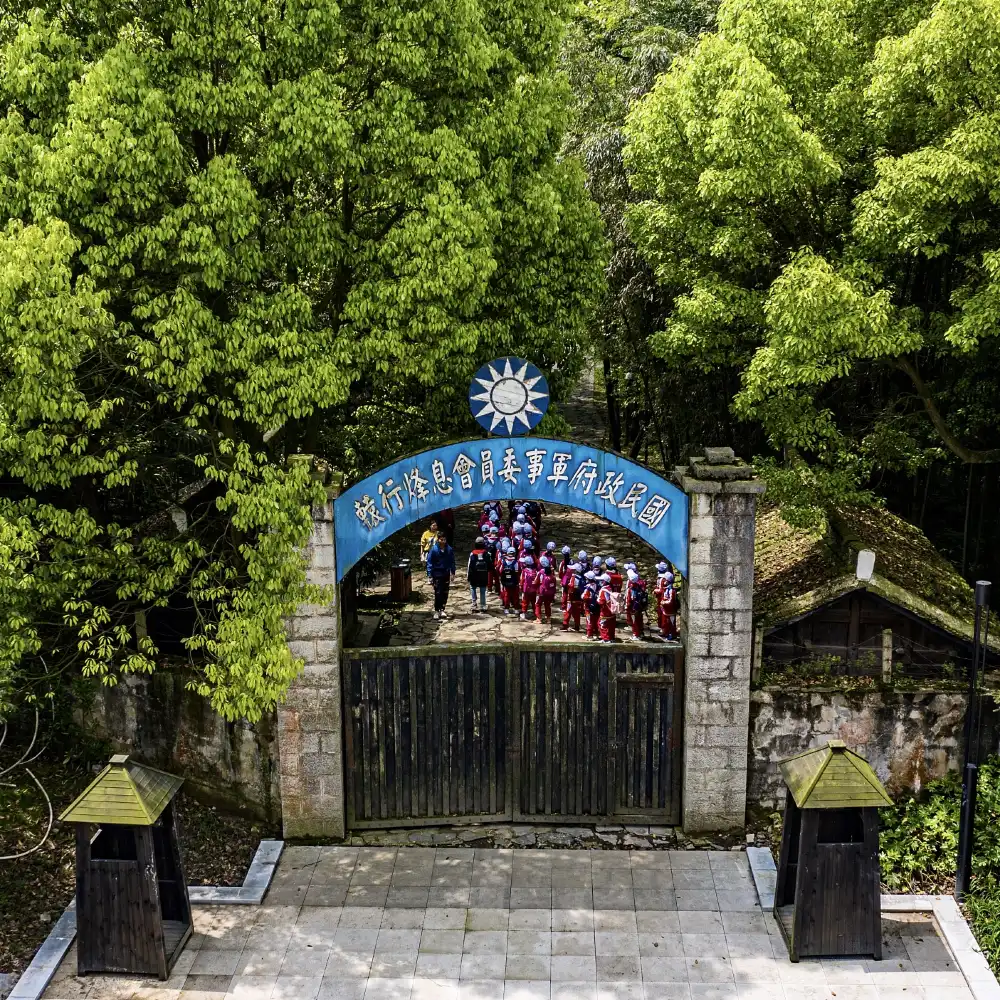
Guiyang Xifeng Jizhongying Jiuzhi.
- Exhibition Hall: The main exhibition area, titled “Fire Never Dies,” spans 3,800 square meters and includes multiple themed sections that detail the lives of prisoners and the significant events that took place during the camp’s operation from 1938 to 1946.
- Historical Remains: Visitors can explore the preserved structures of the former camp, including the notorious Xuantiandong Cave, which served as a secret holding area for important political prisoners.
Educational Programs
The site is not just a memorial; it serves as an important educational resource. Various programs, including interactive and immersive learning sessions, are available for schools and groups, focusing on patriotism, history, and the importance of civil rights.
Nearby Attractions
After visiting the concentrative camp site, consider exploring nearby attractions to enrich your experience:
- Yanglang Food City: Sample local delicacies and enjoy regional flavors.
- Nanshan Tianmu Hot Springs: Relax and rejuvenate in the natural hot springs nearby.
- Xifeng Nanshan Scenic Area: Enjoy beautiful landscapes and hiking opportunities.
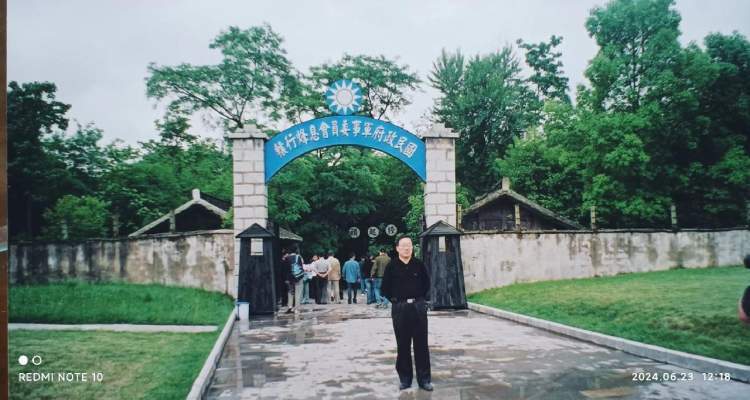
Guiyang Xifeng Jizhongying Jiuzhi.
Visitor Tips
- Dress Comfortably: Wear comfortable shoes and clothing suitable for walking, as you will be exploring both indoor and outdoor areas.
- Respect the Site: This location is steeped in history and memory; maintain a respectful demeanor while visiting.
- Photography: While photography is generally allowed, be mindful of areas where it may be restricted.
Conclusion
The Guiyang Xifeng Jizhongying Jiuzhi is a powerful reminder of China’s historical struggles and resilience. A visit here is not only an educational experience but also a chance to reflect on the sacrifices made for freedom and justice. Make sure to allocate enough time for your visit to fully appreciate the significance of this important site.
Tickets, Hours, and Booking
Visiting the Guiyang Xifeng Jizhongying Jiuzhi (息烽集中营旧址) offers a profound glimpse into a significant chapter of Chinese history, and planning your visit is essential.
The memorial site is open year-round, welcoming visitors daily from 08:30 AM to 4:30 PM. It is located conveniently near the 210 National Road in Yanglang Village, Yanjing Town, Xifeng County, within a short distance from the Xifeng High-Speed Railway Station (approximately 5 km).
Ticketing Information
-
Admission Fee: The entrance to the Xifeng Concentration Camp Historical Memorial Museum is free of charge. This initiative has been in place since April 20, 2008, when it became one of the first museums in Guizhou to offer free entrance, allowing for greater public access to its rich historical resources.
-
Reservations: Although entry is free, it is recommended to check for any specific reservation requirements, especially if you are visiting in a large group or during peak seasons. Visitors can use the WeChat feature by searching for “Guiyang Local Treasure” (贵阳本地宝) to access ticket reservation links and other useful visitor information.
-
Special Notes: The museum conducts regular safety inspections, closing early at 12:00 PM on the last Monday of each month. It’s advisable to plan your visit accordingly to ensure a smooth experience.
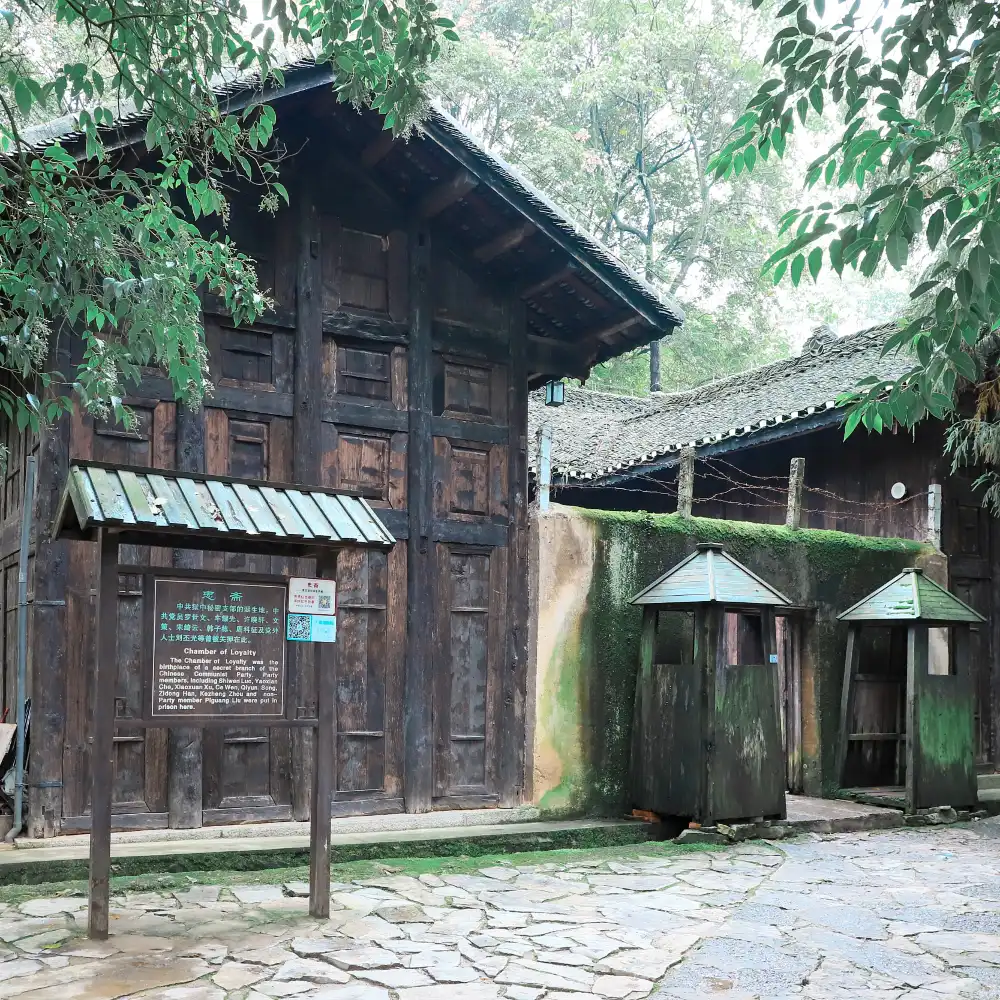
Guiyang Xifeng Jizhongying Jiuzhi.
Getting There
For those driving, the site includes a parking area. After parking, it’s just a 200-meter walk to the museum entrance. If you prefer public transport, trains to Xifeng Station are available, followed by a quick transfer to local buses or taxis.
Visitor Amenities
In addition to the museum, the surrounding area hosts several amenities such as restaurants, hotels, and parks, making it easy to combine your visit with dining or relaxation. Nearby attractions include the Yanglang Wetland Park and Nanshan Tianmu Hot Springs, ideal for a full day of exploration.
This memorial not only stands as a historical site but also serves as an important educational hub, offering insights into the resilience and sacrifices made during a tumultuous period in Chinese history.
How to Get There
Getting to Guiyang Xifeng Jizhongying Jiuzhi (息烽集中营旧址) is relatively straightforward, thanks to its strategic location near key transportation hubs and well-connected roadways. Here’s a detailed guide on how to reach this significant historical site.
By Train
The nearest major high-speed train station is in Xifeng County, located just 5 kilometers from the memorial site. High-speed trains frequently run from Guiyang, the capital of Guizhou Province, to Xifeng Station. Once you arrive at Xifeng Station, you have a couple of options to reach the site:
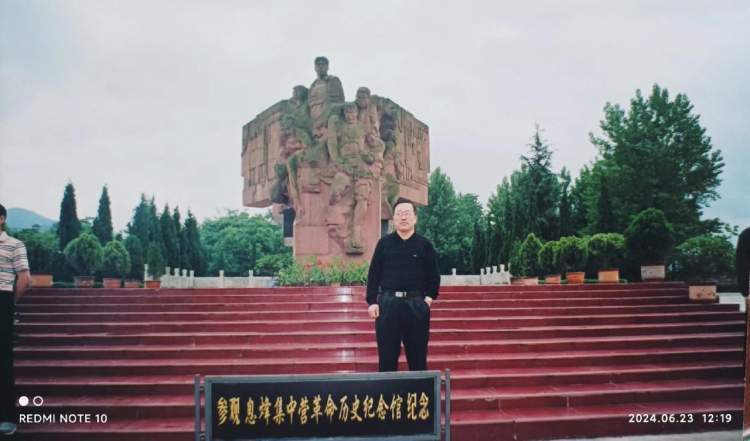
Guiyang Xifeng Jizhongying Jiuzhi.
- Taxi: Taxis are readily available at the station. A short ride will take you directly to the memorial.
- Public Transport: You can also opt for local buses or shared minivans that connect the station to the memorial site. Be sure to check the latest schedules upon your arrival as they may vary.
By Car
If you prefer to drive, the journey from Guiyang to the memorial is approximately 51 kilometers and takes about an hour, depending on traffic conditions. The site is conveniently located adjacent to National Road 210, making it easily accessible.
- Parking: There is a designated parking lot at the memorial for visitors. After parking, it’s just a short 200-meter walk to the entrance, which takes about a minute.
By Bus
Local buses from Guiyang to Xifeng County operate regularly throughout the day. This is a budget-friendly option for travelers. Buses typically depart from major bus terminals in Guiyang and will take you directly to Xifeng County. From the bus station in Xifeng, you can take a taxi or look for local buses that head towards the memorial.
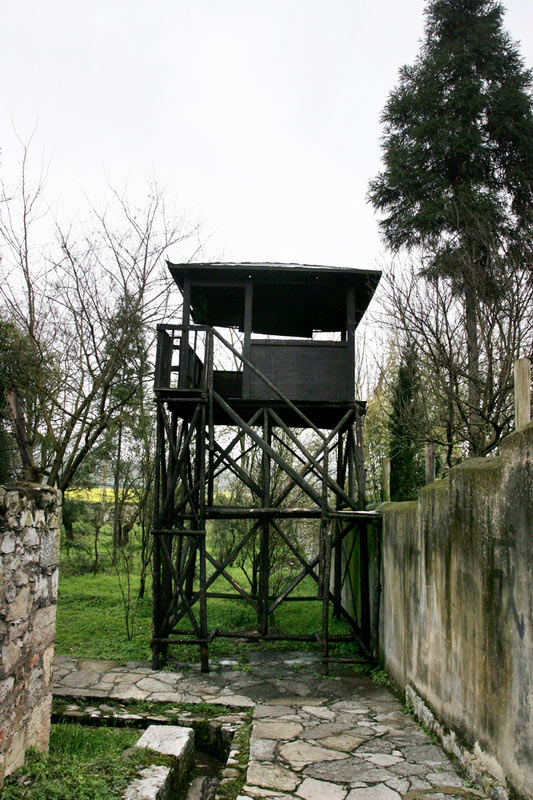
Guiyang Xifeng Jizhongying Jiuzhi.
Nearby Attractions
While visiting Guiyang Xifeng Jizhongying Jiuzhi, you may also want to explore nearby attractions such as:
- Yanglang Food City: Ideal for sampling local cuisine.
- Nanshan Tianmu Hot Springs: A relaxing spot to unwind after a day of exploration.
- Yinlang Wetland Park: Perfect for a leisurely stroll in nature.
Accessibility
The memorial is open year-round from 8:30 AM to 4:30 PM, with the exception of the last Monday of each month when it closes for maintenance in the afternoon. Ensure to plan your visit accordingly.
Whether you choose to travel by train, car, or bus, reaching Guiyang Xifeng Jizhongying Jiuzhi is an accessible journey that leads you to a poignant chapter of Chinese history.
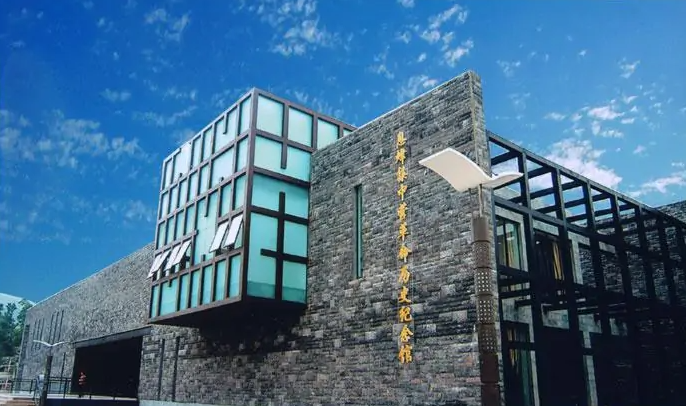
Guiyang Xifeng Jizhongying Jiuzhi.
Local Cuisine and Accommodation
When visiting the historic site of Guiyang Xifeng Jizhongying Jiuzhi (息烽集中营旧址), it’s essential to plan your food and accommodation to enhance your experience. This area is rich in history and culture, and there are several options nearby to satisfy your hunger and provide a comfortable stay.
Dining Options
-
Yanglang Food City (阳郎美食城): Just a short distance from the memorial site, Yanglang Food City offers a variety of local delicacies. You can relish traditional Guizhou dishes here, known for their bold flavors and use of fresh ingredients. Be sure to try the spicy sour fish soup and rice noodles, which are regional specialties.
-
La Zi Qian Hong Hotpot (辣子千红成都火锅): If you’re in the mood for a warm and communal dining experience, head to this hotpot restaurant. Enjoy the interactive experience of cooking your ingredients in a bubbling pot of spicy broth, a culinary tradition that’s perfect for sharing with friends or family.
-
Xi Xiang Tea House (硒乡茶苑): For a more relaxed atmosphere, visit Xi Xiang Tea House. Here, you can enjoy a variety of local teas while snacking on traditional pastries. It’s a great spot to unwind after a day of exploring the memorial.
-
Original Soup Beef Noodles (原汤牛肉粉): Located about 5.6 kilometers away, this eatery specializes in beef noodles served in a rich, flavorful broth. It’s a perfect choice for a hearty and fulfilling meal.
Accommodation Choices
-
Fenghuo Hotel (烽火大酒店): A modern hotel offering comfortable accommodations, Fenghuo Hotel is conveniently located near the memorial site. Guests can enjoy well-appointed rooms and amenities, including a restaurant and business facilities. It’s an excellent choice for travelers looking for convenience and comfort.
-
Nanshan Tianmu Hot Spring Hotel (南山天沐温泉酒店): For those wanting to relax after a day of sightseeing, this hotel features hot spring facilities. Enjoy a rejuvenating soak in natural hot springs, paired with stylish rooms and excellent service.
-
Yuan Garden Business Hotel (团园山商商务宾馆): This budget-friendly option provides basic amenities with a focus on comfort. It’s ideal for travelers looking for a simple and economical stay without compromising on cleanliness and service.
-
Yunxian Inn (云闲宾馆): Another affordable choice, Yunxian Inn offers cozy rooms and a welcoming atmosphere. Its proximity to local attractions makes it a convenient base for your explorations.
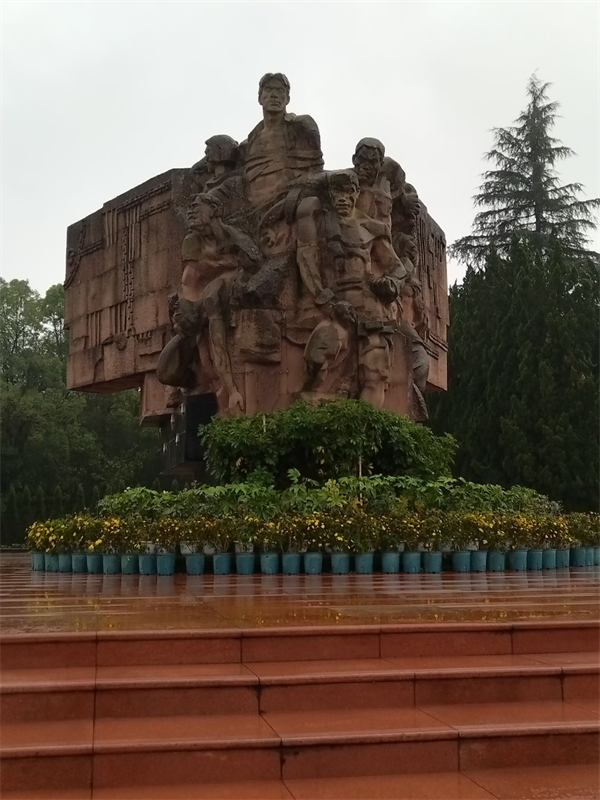
Guiyang Xifeng Jizhongying Jiuzhi.
Conclusion
Combining a visit to the Xifeng Concentration Camp Memorial with delightful local cuisine and comfortable accommodations will make your trip to this historic site both enriching and enjoyable. Whether you’re savoring the spicy flavors of Guizhou or relaxing in a hot spring, you’ll find plenty to satisfy your senses in this beautiful region of China.
Frequently Asked Questions
Frequently Asked Questions about Guiyang Xifeng Jizhongying Jiuzhi
-
What is the Guiyang Xifeng Jizhongying Jiuzhi?
The Guiyang Xifeng Jizhongying Jiuzhi, also known as the Xifeng Concentration Camp, is a historical site in Guizhou Province, China. It served as a secret prison established by the Kuomintang (KMT) during the Second Sino-Japanese War, primarily for detaining Communists and political dissidents. It is a significant location for understanding China’s revolutionary history. -
Where is the site located?
The site is situated in Yanglang Village, Yongjing Town, Xifeng County, approximately 51 kilometers south of Guiyang, the provincial capital. It is easily accessible by car and is located near the 210 National Highway. -
What are the opening hours for visitors?
The Guiyang Xifeng Jizhongying Jiuzhi is open daily from 8:30 AM to 4:30 PM. Please note that on the last Monday of each month, the museum is closed in the afternoon for safety checks. -
Is there an admission fee?
As of now, the museum is free to enter, making it accessible for all visitors seeking to learn about this important part of Chinese history. -
What can visitors expect to see at the museum?
The museum features a variety of exhibits, including artifacts, photographs, and multimedia presentations that tell the story of the concentration camp and its historical significance. The site includes the old camp buildings, the Xuantian Cave, and the main exhibition hall titled “Endless Flames of War,” which covers the experiences of those imprisoned there. -
How can I get to the site using public transportation?
Visitors can take a high-speed train to Xifeng Station and then transfer to local public transport options. Additionally, the site is near several hotels and dining options, making it convenient for travelers. -
Are there any facilities available for visitors?
Yes, the area surrounding the museum has various amenities, including restaurants, hotels, and parks. The nearby Yanglang Food City offers local cuisine, while there are options for accommodation like Fenghuo Hotel and Yanglang Wetland Park. -
What is the historical significance of the Xifeng Concentration Camp?
The site played a crucial role in the KMT’s efforts during the war, serving as a place of severe repression for political opponents. Many notable figures were imprisoned or executed here. The museum serves to educate visitors about the sacrifices made by those who fought for justice and the ideals of the Communist Party in China.
Final Thoughts on Your Trip
Visiting the Guiyang Xifeng Jizhongying Jiuzhi is more than just a journey to a historical site; it’s an immersion into the resilience and spirit of those who fought for their beliefs during one of China’s most turbulent periods. The memorial not only serves as a powerful reminder of the struggles faced by countless revolutionaries but also as a testament to their unwavering courage and commitment to justice.
As you walk through the grounds of the former concentration camp and explore the exhibits, you’ll gain a deeper understanding of the sacrifices made by those who dared to stand against oppression. The narratives etched into the walls and the stories shared in the exhibits evoke a profound respect for the past, urging visitors to reflect on the values of freedom, integrity, and patriotism.
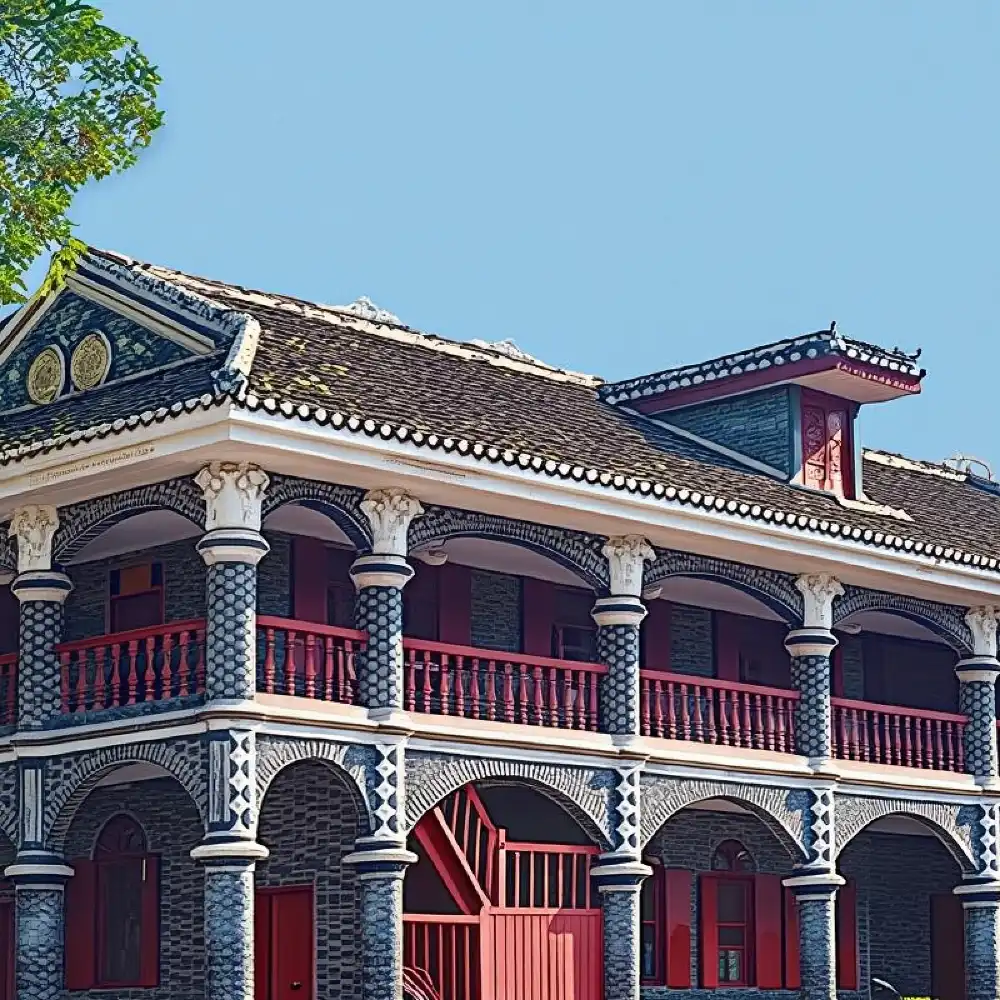
Guiyang Xifeng Jizhongying Jiuzhi.
Whether you’re a history enthusiast, a student of social justice, or simply a traveler seeking to expand your worldview, the Xifeng Memorial offers invaluable lessons that echo through time. It stands as a beacon of hope, reminding us that the fight for justice and equality continues, and that the spirit of those who came before us lives on in our collective pursuit of a better tomorrow. Make your visit a pivotal moment in your journey; let it inspire you to honor the legacy of resilience and strive for a more just world.
